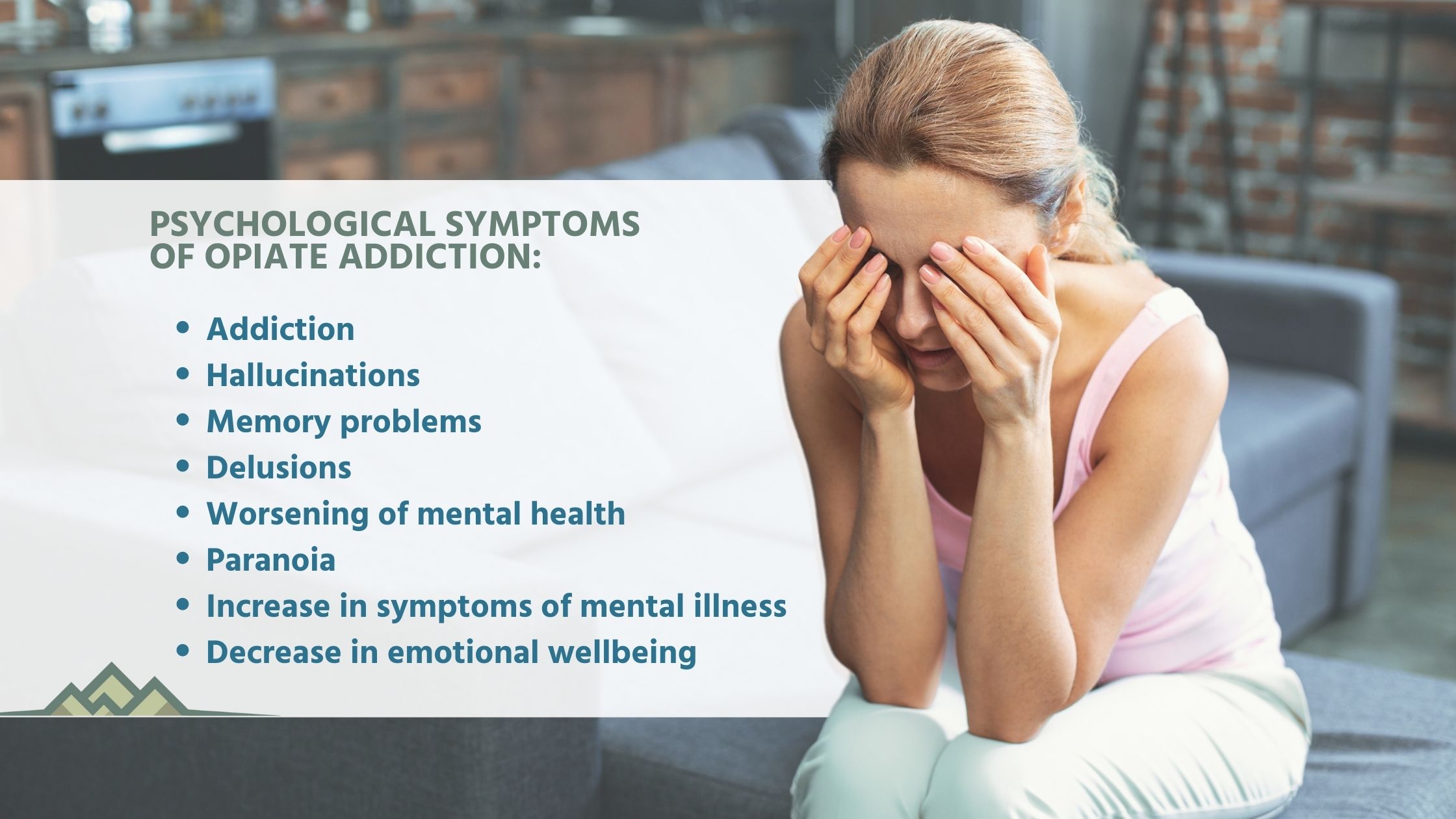Understanding the Opiate Addiction Epidemic
The opiate addiction crisis presents a complex tapestry of societal and medical intricacies that demands a multifaceted exploration. As prescription painkillers and illegal opiates permeate communities, the landscape of addiction continues to evolve. The staggering statistics surrounding this issue beckon a deeper understanding of its roots, consequences, and potential solutions.
In recent years, the ramifications of opiate addiction have escalated dramatically, prompting public health experts to label it an epidemic. According to the National Institute on Drug Abuse, over 70,000 opiate-related overdose deaths occurred in the United States in 2019 alone, underscoring the urgency of comprehensive strategies to address this crisis. The convergence of factors—from over-prescribing practices to socio-economic disparities—fuels the narrative of addiction, necessitating a clarion call for both individual and collective action.
The societal perception of addiction serves as a profound barrier in addressing the epidemic. Opiate addiction is often stigmatized, resulting in feelings of shame and isolation among those affected. The path to recovery is fraught with challenges, yet it is imperative to approach this issue with empathy and understanding. By challenging preconceived notions about addiction, society can cultivate a more supportive environment for individuals on their journey to recovery.
Roots of the Crisis: Unraveling the Origins of Opiate Addiction
To understand the opiate addiction phenomenon, one must delve into its origins, which is deeply intertwined with medical practices and pharmaceutical marketing strategies. In the late 1990s, healthcare providers were inundated with assurances from pharmaceutical companies that the risks of addiction were minimal when prescribing opiate painkillers. This misconception laid the groundwork for widespread prescribing habits, with little regard for the potential consequences.
Once over-prescribed, a vicious cycle was established. Patients found themselves dependent on medications, leading some to seek illicit alternatives when prescriptions were no longer sufficient or available. This transition from legal to illegal sources further exacerbates the addiction crisis and contributes to an alarming increase in overdose deaths associated with synthetic opioids like fentanyl.
Social determinants play an equally significant role in perpetuating the cycle of dependence. Socioeconomic status, education levels, and access to healthcare are critical factors that influence both the onset of addiction and the path to recovery. Vulnerable populations are often disproportionately affected due to limited resources and support systems, trapping them in a cycle of despair.
The Role of Mental Health: Disentangling the Connection
The interplay between mental health disorders and opiate addiction is a salient issue that deserves careful consideration. Individuals grappling with anxiety, depression, or trauma may turn to opiates as a misguided form of self-medication. Unfortunately, this creates a dangerous feedback loop where untreated mental health issues exacerbate substance use disorders.
Effective treatment must address both the addiction and the underlying mental health conditions. Integrated approaches—where mental health services are combined with substance abuse treatment—demonstrate significantly better outcomes. This paradigm shift acknowledges the necessity of holistic care and challenges the fragmented systems currently in place.
Reimagining Treatment: From Punishment to Rehabilitation
The societal response to addiction has historically been punitive rather than rehabilitative. Criminalization of drug use perpetuates stigma and detracts from efforts to address addiction as a public health issue. A transition towards rehabilitation-focused strategies advocates for treating addiction similarly to other chronic diseases, emphasizing the importance of empathy and support.
Innovative treatment models, such as harm reduction strategies, offer promising alternatives. These initiatives prioritize safety and recovery over abstinence, recognizing that complete sobriety may not be immediately attainable for everyone. Providing access to clean syringes, overdose prevention training, and safe consumption spaces empowers individuals to make informed choices about their health while navigating the complexities of addiction.
Moreover, community-based support systems can play a crucial role in recovery. Establishing networks of individuals who have triumphed over addiction fosters hope and provides essential support to those still facing the challenges of dependency. Peer support has proven effectiveness in enhancing recovery rates, combating feelings of isolation and shame.
A Call to Action: Societal Responsibility and Collective Healing
Addressing the opiate addiction crisis requires a concerted effort from all sectors of society. Investors in pharmaceutical industries, healthcare providers, policymakers, and community organizations must collaborate to implement comprehensive frameworks that prioritize education, prevention, and recovery. By investing in research and development for non-addictive pain management alternatives, we can mitigate the risks associated with opiate prescriptions.
Educational initiatives aimed at both medical professionals and the general populace must become paramount. Training healthcare providers to recognize the signs of addiction and approach pain management holistically could reduce the incidence of over-prescribing. Furthermore, equipping individuals—especially young people—with the knowledge to discern the risks associated with opiate use is vital for empowering communities to combat addiction proactively.
Engaging in open dialogue about addiction and mental health helps destigmatize these issues and encourages individuals to seek help without fear of judgment. Each conversation not only fosters understanding but also dismantles the barriers that perpetuate isolation. This cultural shift towards compassion is essential for creating a safe space for recovery.
Conclusion: Towards a Future of Hope and Resilience
The opiate addiction crisis poses formidable challenges that require unwavering commitment and innovative solutions. By redefining our approach to addiction and embracing the interconnectedness of mental health and substance use, society can forge a path towards healing. Moving beyond mere statistics, recognizing the humanity of those affected by addiction ignites a collective responsibility to advocate for change. In doing so, we not only honor the struggle of those who battle addiction but also ignite the promise of resilience and hope for future generations.
